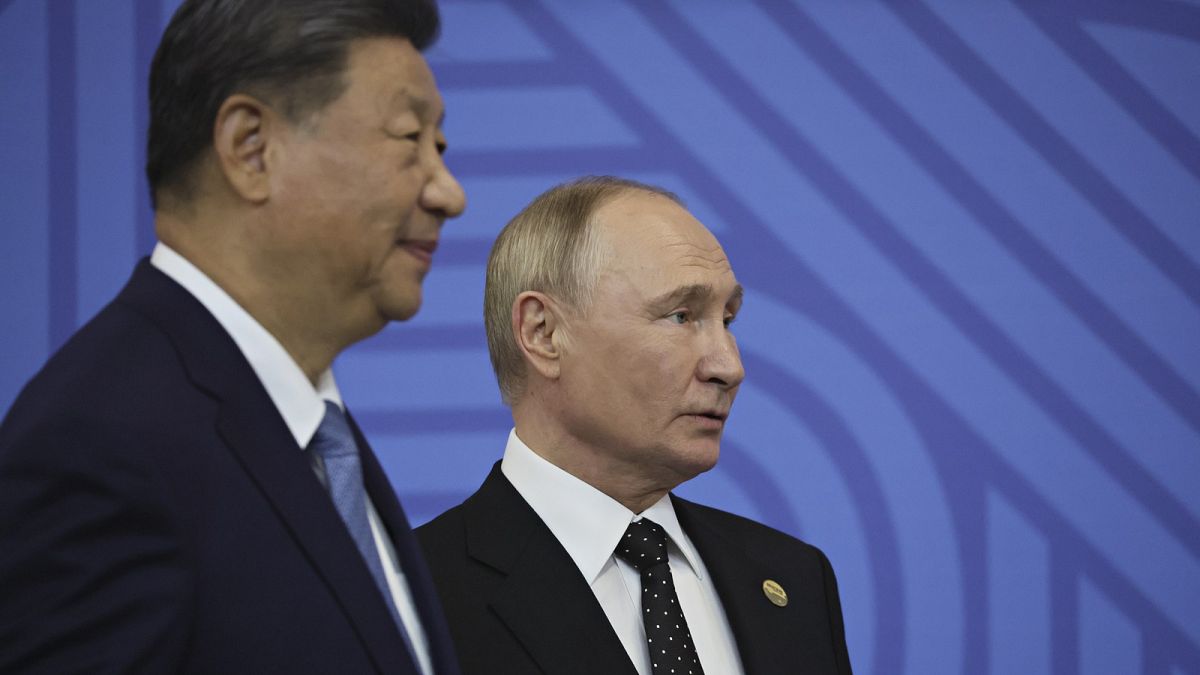Diplomats in Brussels have received “convincing” evidence showing Russia has built a factory in China to produce lethal drones as part of the ongoing conflict in Ukraine. The European Union is increasingly concerned about this secret weapons program allegedly established in China’s Xinjiang province by a Russian state-owned arms company under sanctions. The European External Action Service (EEAS) has received intelligence confirming the existence of a factory in China assembling drones for potential use against Ukraine. While details are still being clarified, the implications of China supplying Russia with drones could significantly escalate the conflict.
The mounting concerns about Russia producing lethal drones in China raise questions about Beijing’s role in supporting Moscow’s actions in Ukraine. The EEAS has not confirmed whether the factory is producing lethal drones, if they have been shipped to Russia, or Beijing’s awareness of the weapons program. Negotiations between the EEAS and Beijing are ongoing to clarify the situation, as the EU grapples with the potential consequences of China’s involvement in supplying drones to Russia. If confirmed, this supply of drones from China to Russia would signal a major escalation with unpredictable outcomes for the conflict in Ukraine.
The EU has previously accused Beijing of supplying Moscow with dual-use goods and advanced technology, leading to sanctions against certain companies in Hong Kong and mainland China. However, the penalties never directly targeted the supply of complete weapons until now. Despite Beijing’s denial of involvement in the invasion of Ukraine, suspicions about China’s role in supporting Russia’s military efforts continue to grow. The reported weapons program in China’s Xinjiang province highlights the need for further investigation to determine the appropriate response from the EU.
Russia’s use of lethal drones in the conflict in Ukraine has had devastating effects on the country’s power infrastructure and civilian population. The deployment of drones on a large scale has resulted in significant casualties, adding to the complexity of the conflict. As Russian forces make gains on the ground and foreign troops enter the region, the situation becomes even more volatile. The timing of these reports coincides with political changes in the United States, as Donald Trump assumes the presidency and promises to address military aid to Ukraine and seek a swift resolution to the conflict.
EU foreign affairs ministers are expected to address the issue of China-made drones when they convene in Brussels, further underscoring the urgency of clarifying the situation. The uncertainty surrounding Russia’s weapons program in China complicates the ability of the EU to respond effectively, as the evidence is still being assessed. The seriousness of the situation demands a thorough investigation and potential consequences for those involved in the production and supply of lethal drones. The outcome of these deliberations will have far-reaching implications for the conflict in Ukraine and the relations between Russia, China, and the EU.











